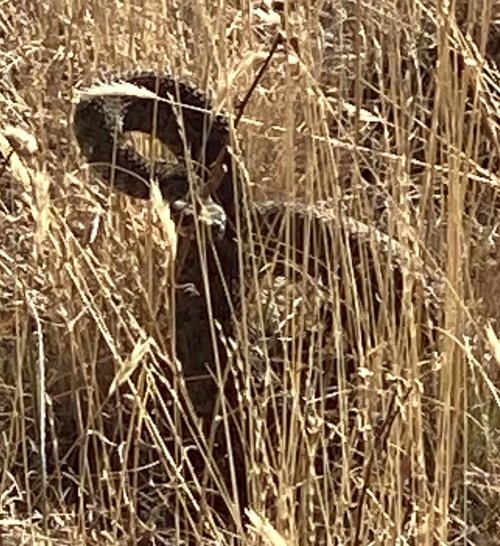YukonGold
Well-known member
- Joined
- Aug 19, 2022
- Messages
- 228
If it makes you feel better, the prairie rattlesnake (the only venomous snake in Montana) is likely the least dangerous of all the venomous snakes in the U.S. Less aggressive or likely to bite, and a dog (or a person) is much more likely to survive a bite than, say, if you got bit by any of the many rattlesnake species in the Southwest. Some of those bastards will even chase you.
I'd second running your dog through avoidance training when you get a chance.
I'd second running your dog through avoidance training when you get a chance.






